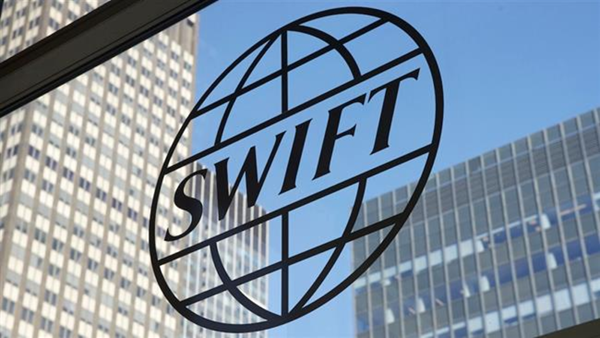Russia to connect to Chinese SWIFT alternative
Russia and China have agreed to transition to an international payments mechanism that is independent of SWIFT, Russian Deputy Finance Minister Alexey Moiseyev told Reuters in an interview.
A corresponding point was included in the international agreement to develop payments in national currencies that was signed by Russian President Vladimir Putin and his Chinese counterpart Xi Jinping at the St. Petersburg Economic Forum in June.
At present, China is the most “dollarized” market of all that Russia trades with, using the American currency in 75.8% of contracts.
In order to “rectify” the situation, “it will suffice for there to be a convenient Loro-Nostro accounts infrastructure, and now the most important issue is the transmission of financial instructions,” said Moiseyev.
The Bank of Russia launched a Russian equivalent of SWIFT (SPFS) in December 2014 after sanctions called for Russia to be disconnected from the international payment system. However, the subsidiaries of Chinese banks in Russia are not eager to connect to it: as of 1 July, there was only one bank with Chinese capital – the Bank of China.
Beijing is insisting on using China’s yuan currency in payments. “Our Chinese colleagues are correct to point out that the yuan is an international reserve currency, part of the IMF’s basket. Many central banks invest in the yuan, including the Bank of Russia,” said Moiseyev.
China also has a national equivalent of SWIFT, which relies on Chinese cryptography. According to Moiseyev, in order to join the Chinese system, Russia will need certain digital gateways, which can be arranged.
“It actually doesn’t matter what national currency it is. There will be no government decisions stipulating 20% in yuans, 30% in rubles, and the rest in another currency, for example,” Moiseyev stressed.
There will also be no specific government directive to use only national currencies in payments.
“This doesn’t mean that we will now disconnect from the entire financial world and live separately, no. There is an agreement to move in this direction,” the deputy minister explained.
“It is simply the aggressive policy of the US dollar being used as an instrument of sanctions that is forcing countries to experiment and look for alternatives. We are currently in such a situation,” he added.
